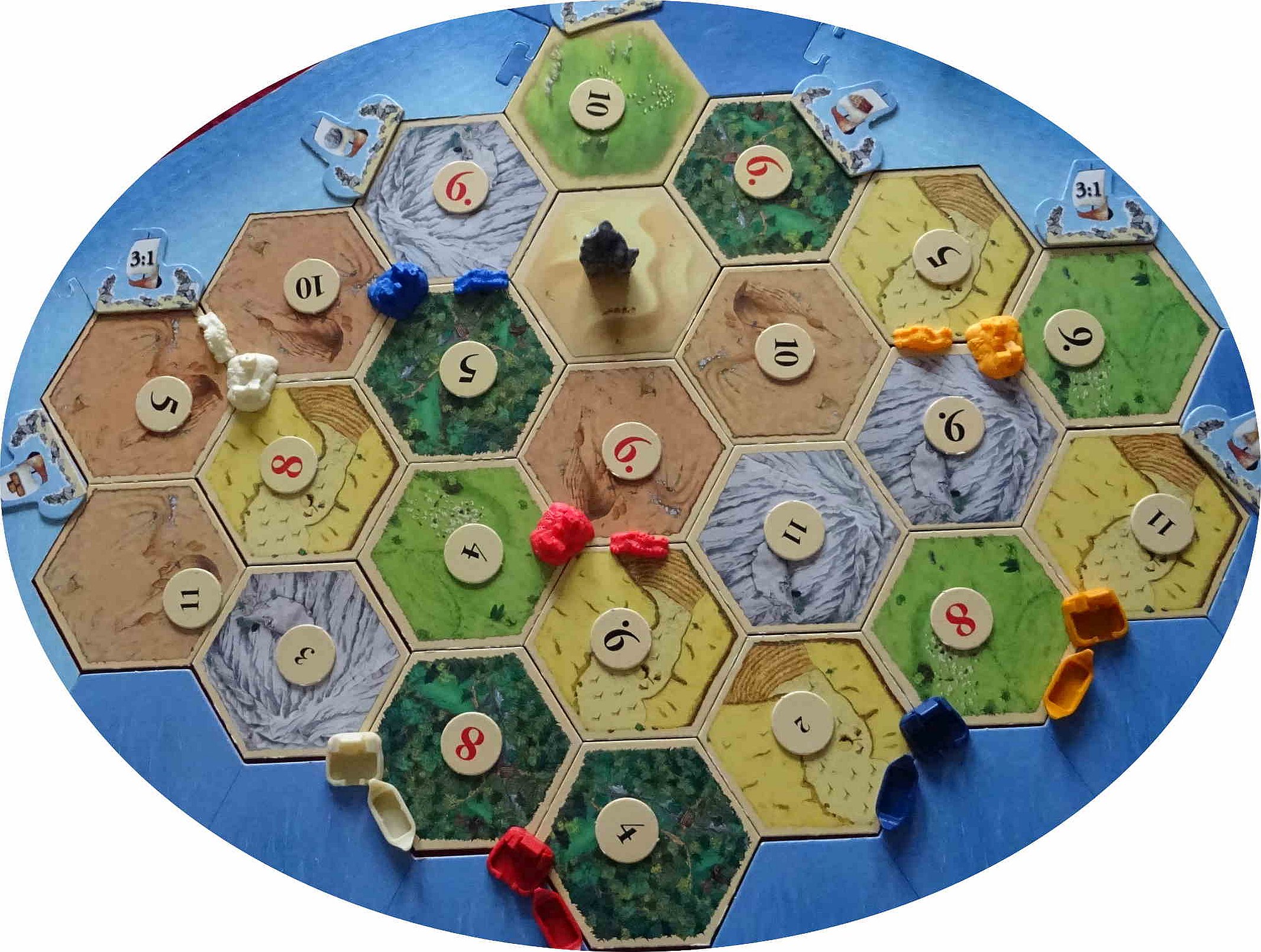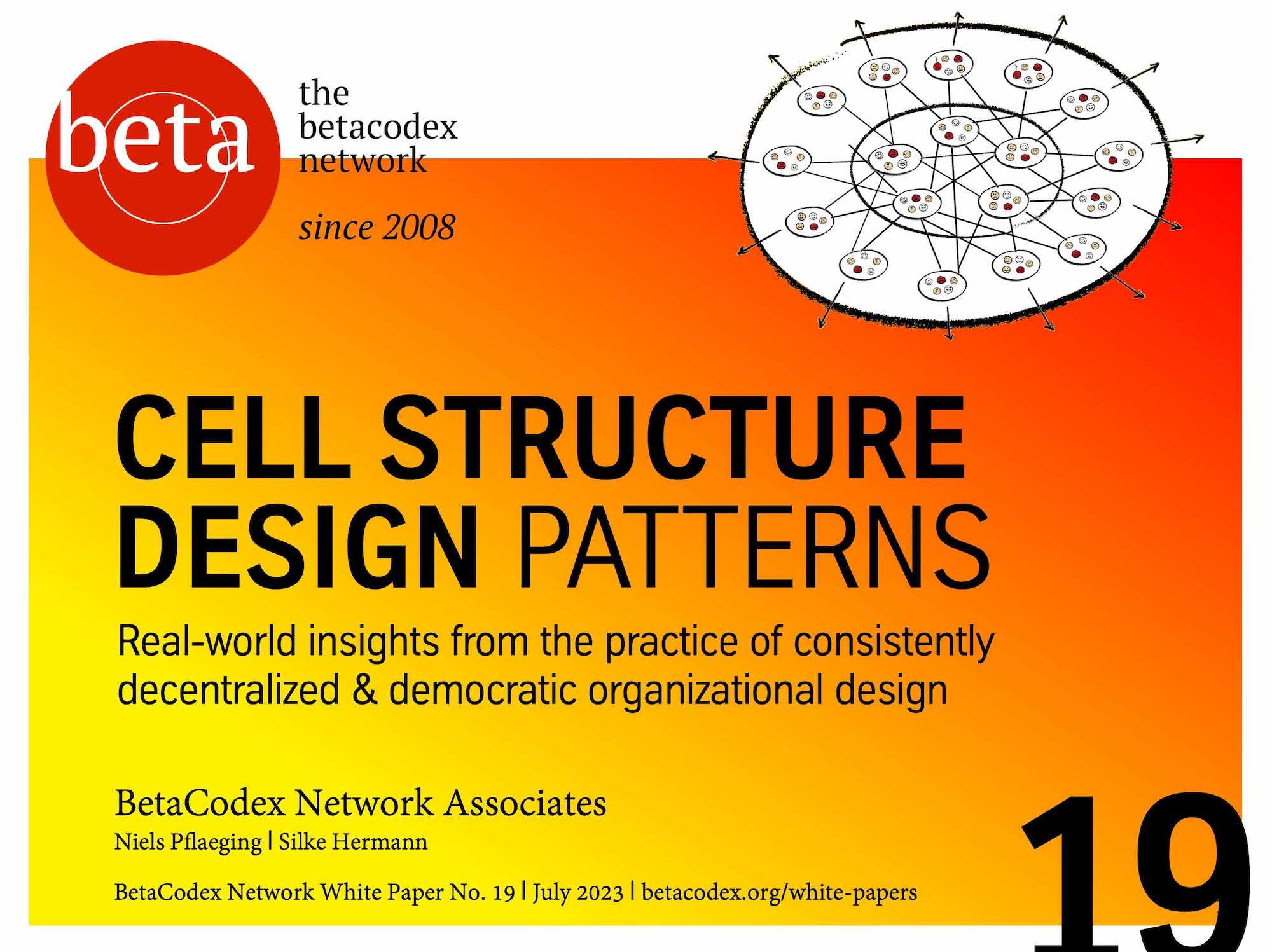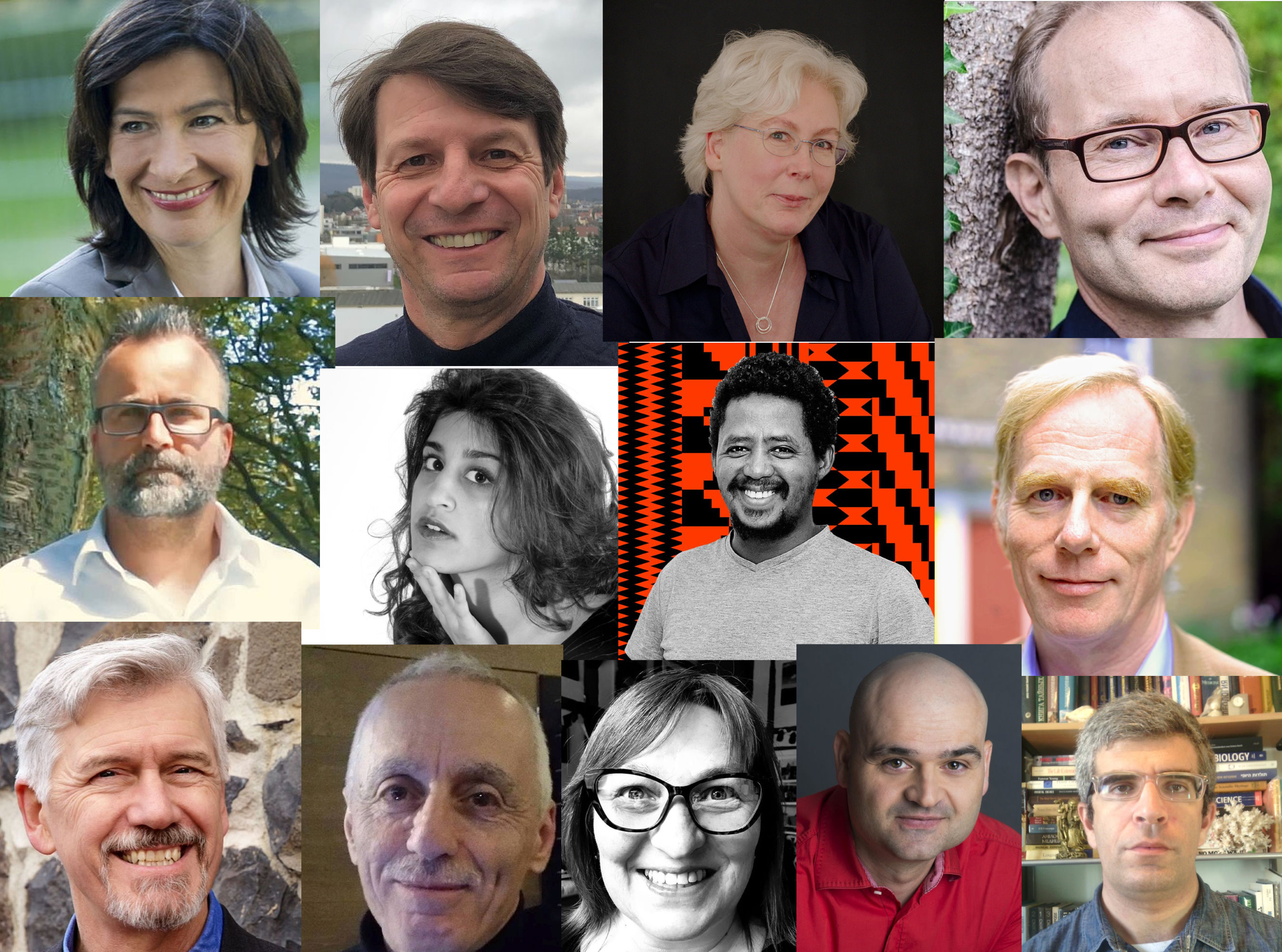
An enterprise architect needs to know about culture and team organization
Why does an enterprise architect need to be a manager, too? Here's a take from "Run Grow Transform" and Team Topologies. This has huge implications on how to do HR- and management decisions and architecture.
Enjoy!
Here's a post connected to Team Topologies.
I am reading the very interesting book "Run Grow Transform" - Integrating Business and Lean IT (2017) - by Steven Bell. Not an easy read, but really good - I'd recommend that to any CIO/CTO!
Chapter 9 on Enterprise Architecture is written by Charles Betz (Director at Forrester). There he states:
"And even the most advanced expressions of enterprise architecture typically don’t address culture, organizational change management, psychology, and similar matters. These deficiencies can lead enterprise architects into ivory tower isolation and irrelevance. Lean on the other hand has as fundamental tenets “respect for people” and “going to gemba,” …
“Another aspect of Lean that is not well understood by many enterprise architects is the principle that too much information, and unnecessary information complexity, are forms of waste. More is not better in information systems design.”
“This again gets into the issues of human factors, problem solving, decision making, and organizational change management.”
This is exactly what I read from the 2019 Team Topologies book. From Conway's Law it follows that the way you draw up your teams, their responsibilities, communication and decision paths (the organizational architecture) will decide (!) that your system architecture will look the same.
You can't get a different system architecture than how your organization is set up.
So ... system architects need to be involved and knowledgeable in HR-, team and organizational design, too. And vice versa: everyone in HR and all managers need to listen to system architecture when deciding on organization.
To me, this is *hot stuff*
Manuel and Matthew also cite Allan Kelly : "Someone who claims to be an Architect needs both technical and social skills. … They need to have a say in organizational structures and personnel issues, i.e. they need to be a manager too."
Best regards
Thorsten Speil
* we should all try very hard to live together peacefully and improve our world, not destroy it *
Weitere Inhalte
Kennst Du schon LeanDownloads?
-
Kostenfreie und kostenpflichtige Downloads zu Lean, Agile, Leadership und vielem mehr
-
Lade Dir z.B. Checklisten, Formulare, eBooks und Präsentationen herunter
-
Stelle selbst Deine kostenpflichtigen und kostenfreien Download-Angebote ein

Cell Structure Design Patterns (BetaCodex Network Whitepaper, EN)
This research paper presents key learnings from 20 years of Cell Structure Design-related work and from approximately 50 consulting projects performed by Niels and Silke. The white paper is …

What would Deming do? (eBook)
Nurture great organizations and societies guided by W. Edwards Deming's best quotes. BetaCodex Press, 2023. 2nd, revised and expanded edition More than 180 quotes by the great W. Edwards …
Weitere Inhalte auf LeanNetwork

We need a Change - Around the World
Die ersten Auswirkungen der Klima-Krise machen sich global bemerkbar: Migration hat begonnen, die globalen Durchschnittstemperaturen steigen, Dürren, Hungersnöte und Hitzetode machen Mensch und …

WE NEED A CHANGE
Along the (coming) meta-crises, different currents are forming, which in different ways use different orientation codes to face the challenges that come with them. Some of these currents speak …

* Brand-new * A LEAN Graphic Novel on “Toyota Improvement Kata”
Engaging the Team at Zingerman's Mail Order Really? A comic about Lean management and improvement? Yes! Engaging the Team at Zingerman’s Mail Order: A Toyota Kata Comic Read about it here!

The Flow State in Organizations: Unlocking Your Team’s Potential
Imagine stepping into a room full of energy and excitement. The hum of conversation is contagious, but it’s not just noise. It’s the sound of people in flow each person fully immersed in their …



Kommentare
Bisher hat niemand einen Kommentar hinterlassen.
Kommentar schreiben
Melde Dich an, um einen Kommentar zu hinterlassen.
Teilen